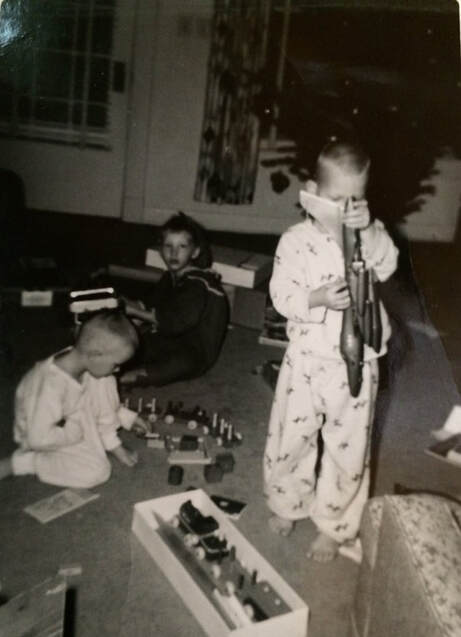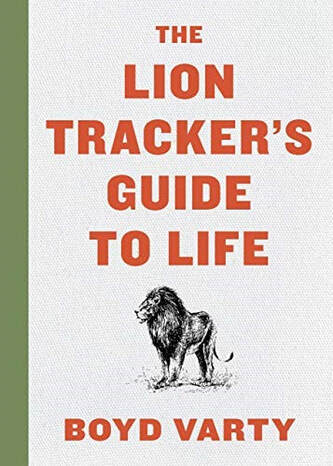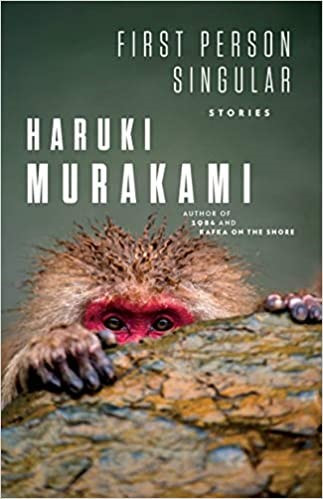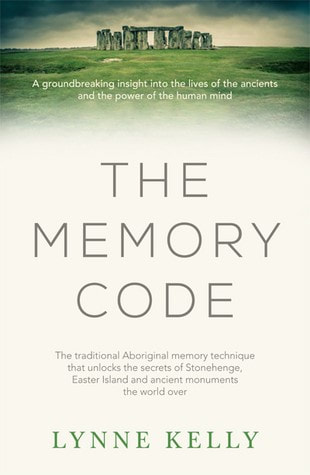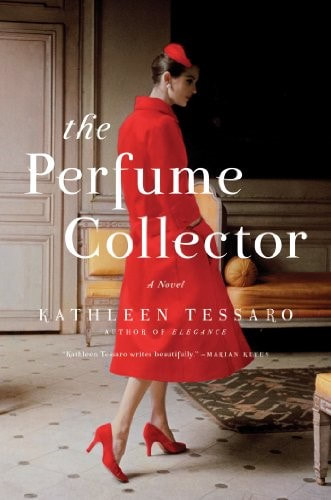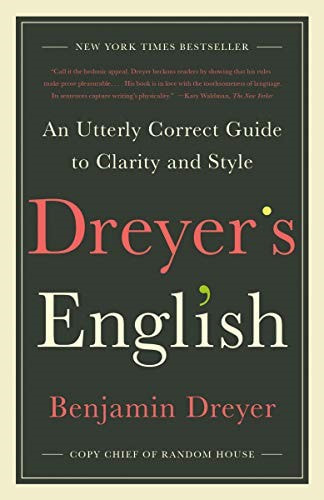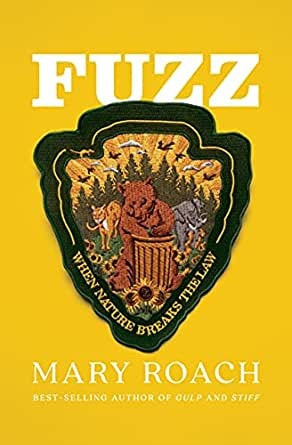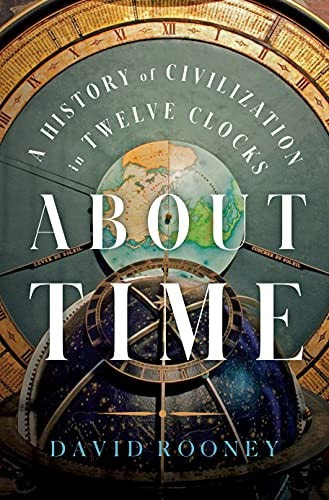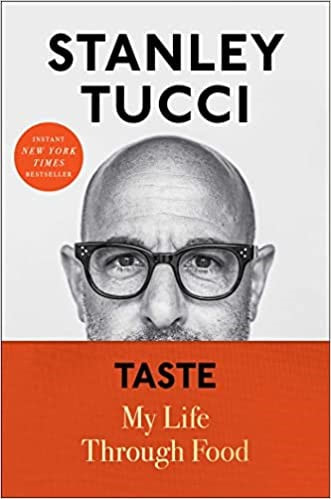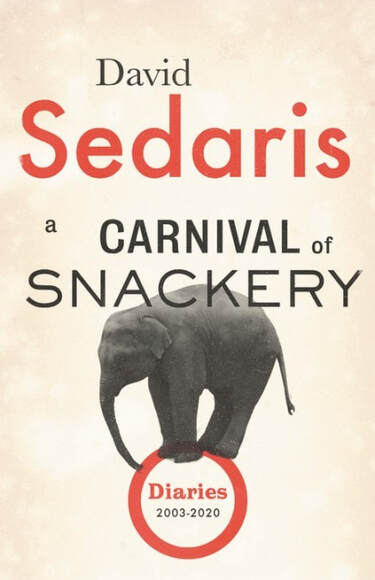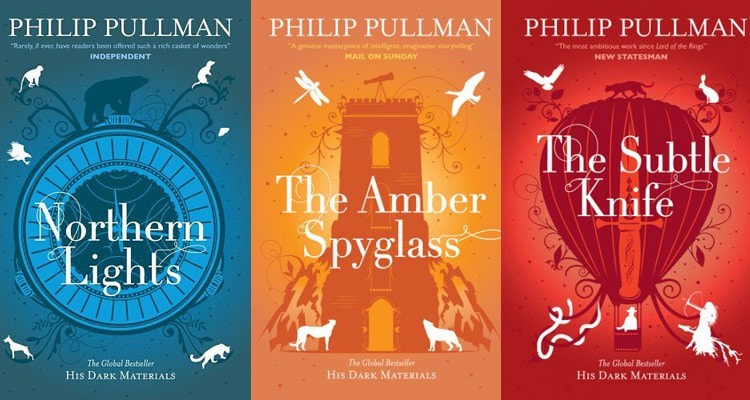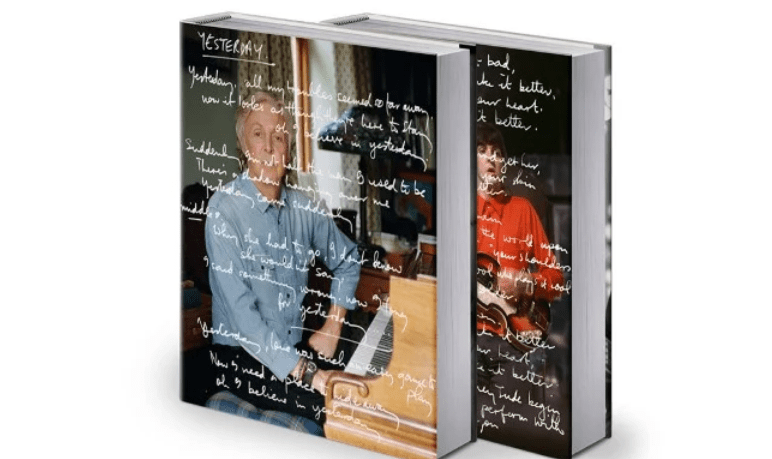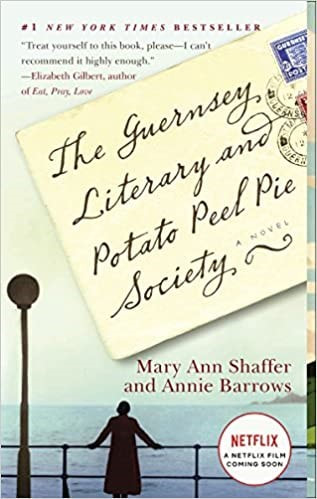Boyd Varty is South African and an actual lion tracker by profession. He’s also a certified life coach, TED Talk guy, and lecturer. The book–all 136 pages of it–covers a single day during which he and two comrades track a pride of lions across his family’s property, the Londolozi Game Preserve located near Eswatini. Varty’s account is riveting. Throughout he describes the process of searching for tracks and other lion evidence in detail, comparing it to trying to find one’s way in life. Also, how we have become separated from our true wild selves, and need to find our tracks and follow them. A delightful read that can be done in one sitting.
The best collection of short stories I’ve read in a long time. From the opening pages you know you’re in the hands of a great writer. Each of the eight stories is told in first person (hence the title). All have an element of the odd, bizarre, or slightly science fiction. I devoured the book in two sittings.
Andy Weir’s latest novel, even at almost 500 pages, is a page-turner Sci-Fi thriller. Like both his previous efforts (The Martian and Artemis), there’s plenty of the protagonist having to “science the shit out of things.” In this case, it’s Ryland Grace, who wakes up out of a medically-induced coma aboard an interstellar space ship. His two colleagues lying next to him are quite dead to the point of decomposing, their comas (not commas) also having failed. Initially, he has no memory of who he is or how he got there. I’ll stop there with the spoilers and finish by saying the book is filled with unexpected plot turns, aliens, and more. It’s a great read and lots of fun.
Graeme Gibson is the late husband of celebrated poet, Margaret Atwood. He was an accomplished author in his own right and also was an avid birder. His Bedside Book is a delightful compendium of stories, poems, and anecdotes about birds throughout history, dating back to antiquity. It’s also filled with beautiful illustrations and paintings of birds from different times and cultures.
Dr. Lynne Kelly, of La Trobe University in Melbourne, is a writer, researcher, and science educator. Over the last two-plus decades, she’s done considerable research on how ruins like Stonehenge were used as memory devices and teaching spaces to help ancient peoples store and share remarkable amounts of information concerning genealogies, astronomy, and more. Her companion book Memory Craft, presents several memory strategies learned while researching this book. Both are fun reads.
One of the most enjoyable novels of the year, the Perfume Collector is set in two time periods—New York in the 20s and Paris in the 50s. It’s the story of a young, just-married London woman who is suddenly and quite mysteriously alerted to the fact that she is the sole heiress to a large apartment and considerable stock portfolio in Paris. She travels there to uncover the real story of her past–and to find out that she is not who she has been led to believe. The perfume world and sensory language play a major role in the book and the author excels at writing about both.
Benjamin Dreyer is the copy chief for Random House publishing. His book is the best guide on style and writing I’ve ever come across. It was also one of two books that I actually re-read during the calendar year. I’ll admit to being completely schooled many times while reading it, especially in regards to often-misspelled words and easily confused pairs of terms. If you do any writing at all, Dreyer’s English is a delightful if not slightly snarky way to hone your chops.
Science writer Mary Roach’s books are among my personal favorites. Her new book should have been called “when animals go bad.” It’s about when animals commit crimes, and kill or maim humans. As with all Mary’s books, Fuzz is well-researched, funny, and superbly written.
Rooney is the former timekeeper at the Greenwich Observatory. His new book shows the connection between clocks and various civilizations throughout history, and how time has been used to control and even oppress the masses. A very curious and thoughtful read.
I’m sure many reading this post watched Tucci’s series on Italy this past year on CNN. After viewing a couple of episodes, I’m convinced that there is no better place on earth to eat and drink than Italy. Tucci’s new book is a memoire presenting his life through the lens of growing up in a New York Italian family with its complex–and out-loud—emotions. Most of all, it’s about food. Stanley is more than a capable writer and his great love of food shines through like a beacon. After finishing it, I sent several copies of the book out to friends. You may end up doing likewise.
Sedaris’s new book is a compendium of his personal diary entries between 2003 and 2020. As usual, it’s Sedaris as his wickedly funny self. Planes, trains, automobiles, and book signings have never been this entertaining.
Guilty as charged! I am at least a couple of decades late on this one. I remember seeing a copy of The Golden Compass (American title for book one of the trilogy) on my daughter Maria’s book shelf when she was in high school. Like over 10 years ago. That said, Pullman’s trilogy is a thing of genius. Few writers beyond Tolkien have been able to craft such a complex, strange, and wonderful world(s). I downloaded all three books to my iPad and read them—1,600 pages-plus—in less than two weeks. Above all, I enjoyed Pullman’s ability to tell a story and to craft language. He is superb at both. Highly recommended.
Sir Paul’s new beautifully-produced two-volume set is filled with detailed information on the writing of over 150 of his songs. His notes on the creative process and insights into each of the songs makes for a very good read. McCartney also writes of his life, from the earliest days in Liverpool to the breakup of the Beatles and beyond. There’s also hundreds of never before seen photos. For the Beatles fan, these books are a must read.
My favorite read of the entire year—and the only other book I re-read. “Guernsey Pie,” as I like to call it, is comprised completely of correspondence between a woman in London named Juliet Ashton just after WWII, and members of a group who formed a literary society on the Isle of Guernsey during the German occupation. The book is by turns utterly charming, endearing, and sad. A surprising and impressive amount of WWII history is woven into the tale. By story’s end, it’s wonderful how much one comes to care about all the quirky characters in the book. Highest recommendation.
*A final note about the lead photo. It’s from Christmas 1959. Your humble author is seated at left, my older sister Tina center, and older brother Tom standing, holding the spiffy aircraft model. Cheers!
